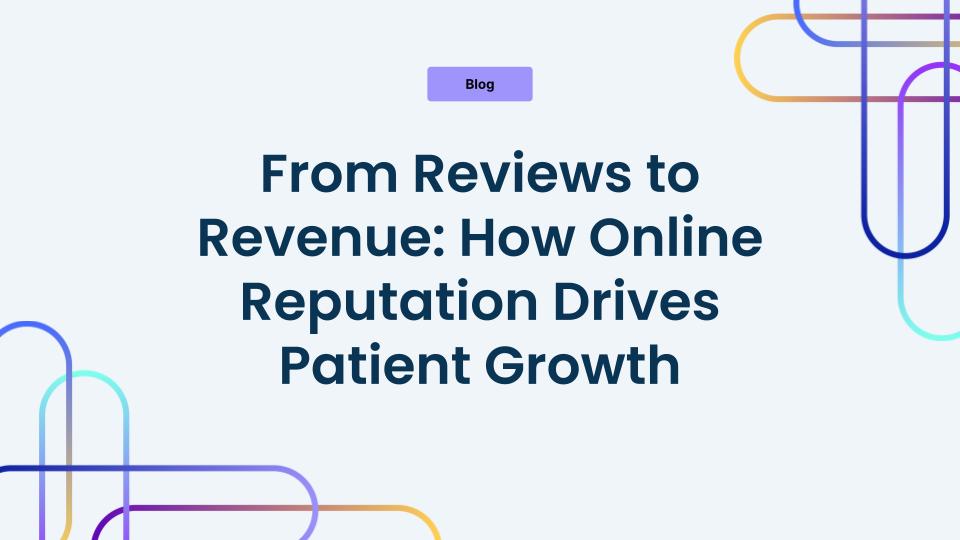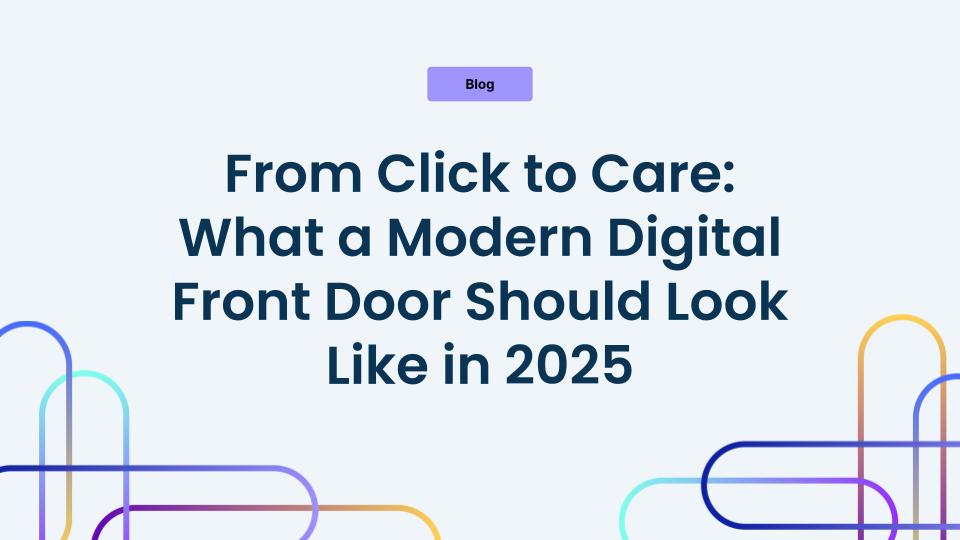Want to know where the largest hospital in America is located? Simple, just ask the internet.
We’ve come a long way since the Dewey Decimal System and the use of index cards to catalog and locate information. One of the biggest advantages of the internet is the ability to find answers almost instantly, and we have the search engines like Google and Bing to thank for that. As technologies advance, we’ll continue to discover new ways to find answers, and one such technology that has gained traction in the last decade is chatbot platforms.
But are chatbots the same as search?
Not quite.
Let’s take a look at how chatbots and search work and where they differ.
How Search Works
There are over 1.8 billion websites on the internet. With that much content, it would be nearly impossible to find what we’re looking for without the help of search and search engines. But how do they work exactly?
Search engines have three primary functions:
1. Crawl – Comb the internet for relevant content for each URL it finds.
2. Catalog – Organize and store the content and URLs found during the crawling process.
3. Rank – Organize the content so that the most relevant content appears in a search query, ranked from most to least relevant.
Search engines like Google use crawlers to discover content and links and then store and organize those links so that the information can be retrieved for future queries. Imagine tiny spiders crawling over web pages for keywords, images, and content. When someone searches, “Where can I find hospital parking?” the search engine’s algorithm will locate from its catalog of URLs the content that most closely relates to the search and return a ranked list of results.
Search engines don’t provide just one result. Instead, they narrow down possible answers and then users choose which result is the best match. Google is extremely effective at interpreting queries and delivering immediate answers, but for the consumer, the experience is akin to searching for the perfect pair of shoes and finding the best match from an endless row of options.
Chatbots, on the other hand, don’t provide endless possible answers. They find the best possible answer based solely on the context provided by the user, and that requires a different methodology than search.
How Chatbots Work
You’ve likely visited a website and received a message at the corner of your screen from a chatbot welcoming you to the site. Chatbots are everywhere. Healthcare, retail, banking, and plenty of other industries utilize chatbots for a variety of reasons – one of which is to help consumers find answers quickly.
However, chatbots don’t operate like search.
Chatbots are programs that use artificial intelligence and Natural Language Processing (NLP) to mimic human conversation. Over time, chatbots can learn from each conversation and improve the accuracy of their answers through machine learning. The bot’s purpose isn’t to locate keywords and compare it to crawling results, but rather to understand the intent behind a question and return one appropriate answer.
If we look back at the hospital parking question, chatbots don’t search for keywords related to parking because the results could vary – from a press release about a new parking deck to parking for the wrong hospital. Chatbots leverage specific NLP processes to understand the context and intent of the question, how it relates to the parking at that particular hospital, and then return with the correct answer.
Chatbots are also a conversational platform. Rather than executing a request and returning a list of possible matches for the user to decide between, they have a natural conversation to help the consumer locate what they need.
Serving Different Functions
Search can bring consumers to your website, but once they’ve arrived, chatbots can improve the user experience by helping consumers find answers. Chatbots and search engines will continue to help find answers – either by using keywords to scan the vastness of the internet or NLP to navigate the complexities of conversations and individual websites. But, like anything in life, there’s a time and place for everything.
Want to learn more? Download Loyal’s latest white paper.





